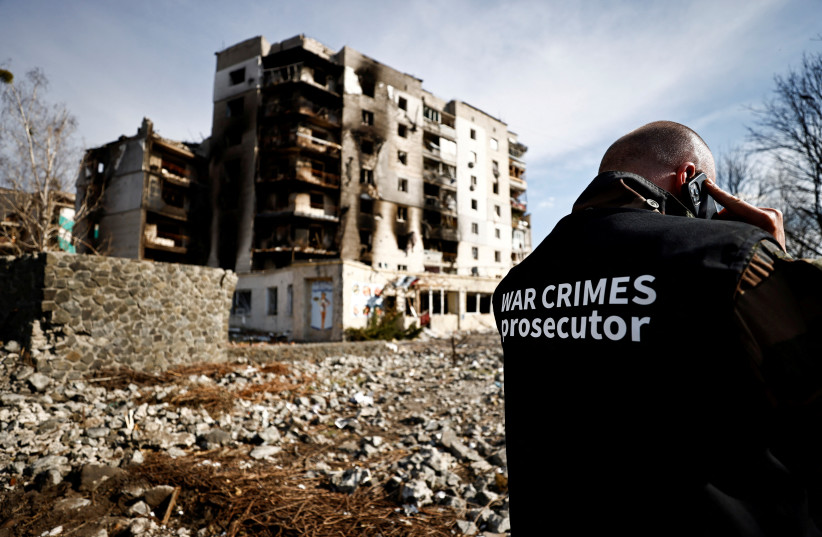Russia will supply mobile Iskander-M missile systems to Minsk in the coming months, Russian President Vladimir Putin said, according to Russian state media. Tass media in Moscow wrote that Putin expressed this claim at the opening of talks with Belarusian President Alexander Lukashenko on Saturday.
“As you and I have agreed upon, you were asking about this, we made a decision,” Putin said. “In the coming months, we will supply Belarus with Iskander-M tactical missile systems which, as it is known, can use both ballistic and cruise missiles both in the standard and nuclear modifications.”
The report is getting noticed all over the world. Russia might send “nuclear-capable short-range missile systems to its ally Belarus,” the BBC reported on Sunday morning. This could happen in the coming months, Putin has said. The Iskander-M systems “can fire ballistic and cruise missiles, both conventional and nuclear types.” The missiles have a range of up to 500 km. (310 miles). According to Tass, the Russian leader has asked his defense minister to meet his Belarusian counterpart.
There are a number of factors behind this missile plan that represent a major escalation. According to the reports, Russia may help Belarus modify its SU-25 planes to carry nuclear weapons. Meanwhile, Russia pounded Kyiv with cruise missiles, according to reports on Sunday. This comes after a month or more when Kyiv had been left in relative peace despite the war Russia has launched against Ukraine. Fighting had shifted to eastern Ukraine.
Russia has used Belarus as part of its war on Ukraine. Belarus is a dictatorship and a close ally of Russia. This is in contrast to some other post-Soviet states that have sought closer ties with the West. Belarus is a standout in siding completely with Russia. As such, it has become a pawn and satellite, even a proxy, of Putin’s war.
How the West responds

What matters in the Russian move to put more missiles in Belarus is examining how the West responds. The use of dangerous ballistic missiles as an escalation tool is one that has been often seen in the Middle East. Saddam Hussein used Scud missiles during the Gulf War, illegally attacking Israel with the missiles.
Later, Iran began to move missiles and rockets to its proxies and allies. It has used ballistic missiles against Riyadh from Yemen; it has used cruise missiles against Saudi Arabia; and it has fired ballistic missiles at US forces in Iraq and at the Kurdistan region of Iraq. Basically, Iran feels complete impunity to terrorize the region with missiles. Groups like Hamas also seem to enjoy this sense of impunity. Hezbollah also stockpiles missiles, rockets and drones.
As a result, the deployment of missiles by Russia is important because it has ramifications for the Middle East in terms of what kind of deterrence the West might put in play. So far it seems the West has no real answer to countries that are willing to use military force. Ukraine, for instance, is receiving some military aid but it is not arriving nearly fast enough to roll back Moscow or threaten Russia. Some voices in the West who support appeasement or back Russia have often argued that the US and the West should escalate against a “nuclear-armed” Russia.
